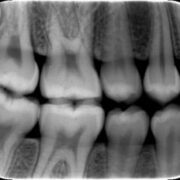Two common dental treatments that provide various dental issue remedies are root canal treatment and dental implants. Dental implants include replacing the original tooth with an artificial one as opposed to root canal therapy, which works to salvage the native tooth by removing sick tissue and filling the root canal. Some of you may have to make the difficult choice between getting a dental implant or a root canal. It’s a regular predicament that plenty of dental patients experience. But don’t worry! To assist you in making an educated decision, we examine in-depth the success rates of RCT Vs Implant in this article.
What is Root Canal Treatment? RCT Vs Implant
Root canal treatment, also known as endodontics therapy, is a dental procedure aimed at salvaging a severely damaged or infected tooth. During this process, the infected pulp, nerves, and bacteria within the tooth’s root canal are meticulously removed. Subsequently, the canal undergoes thorough cleansing and shaping before being filled with a biocompatible material.
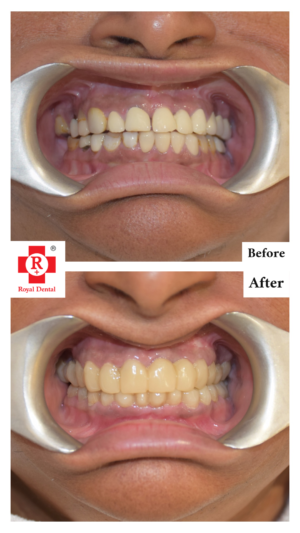
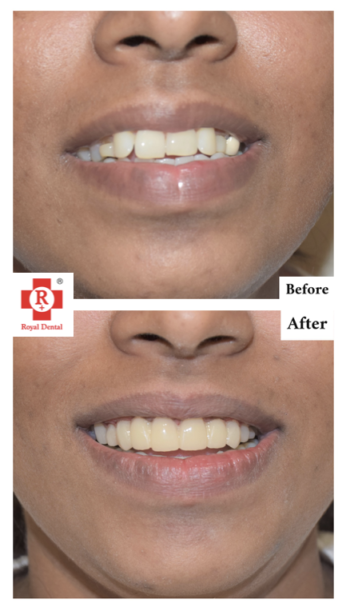
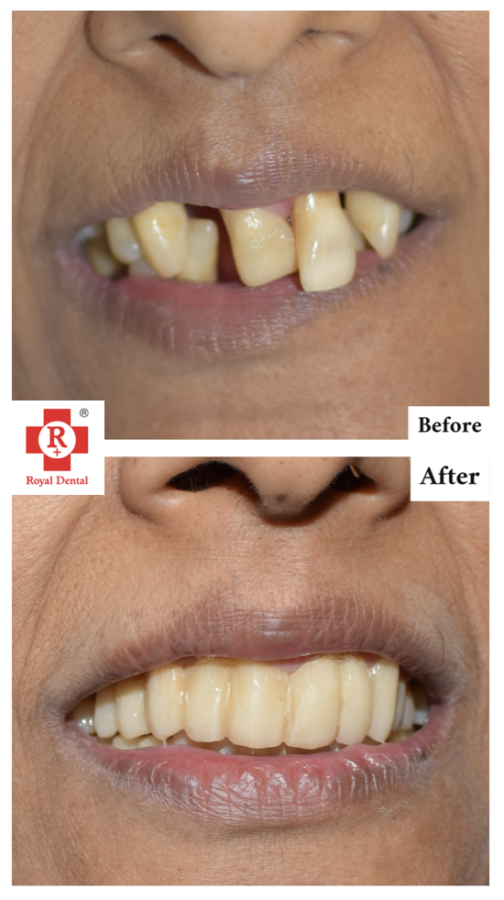
To fortify and safeguard the tooth, a dental crown is affixed. The triumph of this treatment hinges on several factors including the magnitude of infection, the proficiency of the dentist, and the overall oral health of the patient.
Numerous studies affirm a success rate ranging from 86-97%, underscoring the potential for a treated tooth to remain fully functional for many years, if not a lifetime.
What are Tooth Implants? RCT Vs Implant
For people struggling with missing teeth, dental implants promise a cutting-edge option. In order to create this surgical miracle, a titanium post must be expertly inserted into the jawbone. For attaching a dental crown or prosthetic tooth, this post serves as a strong anchor. Notably, dental implants are praised for their durability and are thought of as a long-term solution for tooth loss. These implants provide not only functional enhancements but also a considerable visual benefit. The statistics speak for themselves, with research repeatedly demonstrating success rates between 94 and 98%.
A solid basis for the prosthetic tooth is provided by the implant thanks to its high success rate in fusing with the jawbone. Patients are able to talk again, eat again, and smile with confidence as a consequence.
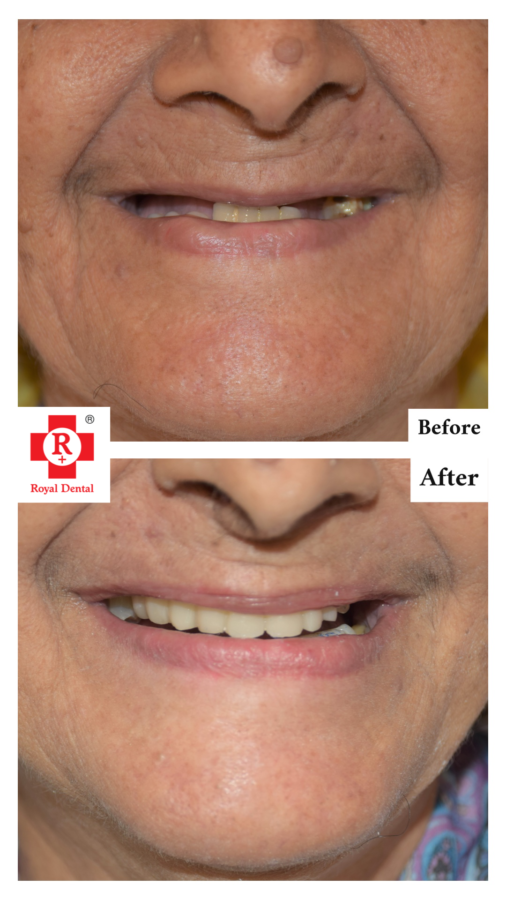
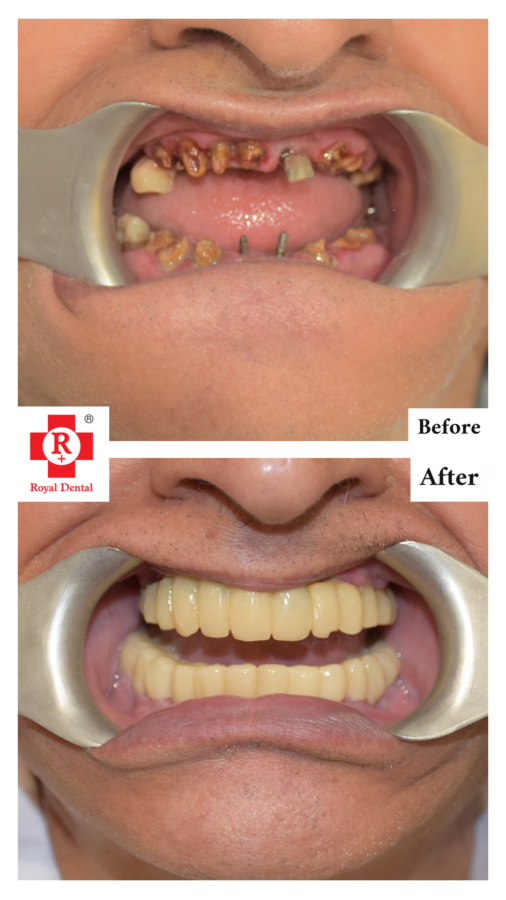
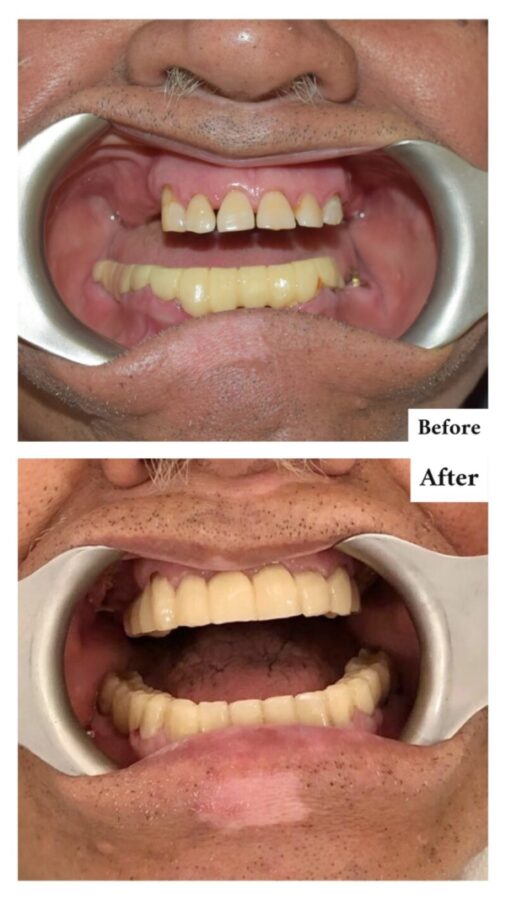
Factors affecting the success rates of both Treatments
Numerous variables might affect the success rates of dental implants and root canal therapy. Let’s examine the main elements that have an influence on these therapies’ long-term effectiveness in more detail.
Both root canal therapy and dental implants are highly dependent on a patient’s general health. Chronic health issues may interfere with the body’s capacity to recover and raise the likelihood of complications or failure. Examples include diabetes and immune system diseases.
The success rates of the treatment are significantly influenced by the dentist’s training and experience. A dentist with extensive training and expertise is more likely to provide the best outcomes and reduce the possibility of issues.
Keeping up a strong oral hygiene routine is essential for the effectiveness of both dental implants and root canal therapy. Regular dental exams, flossing, and brushing aid in preventing reinfection and extend the life of the treated tooth or implant.
Both treatments’ success percentages might be impacted by the extent of the infection or damage to the tooth or jawbone. The success rates may be decreased when the infection has spread widely or when the tooth has sustained significant damage.
Bone quality and density are important factors in dental implants because they enable the implant to successfully integrate into the jawbone. To assure the effectiveness of the implant, inadequate bone density may need further treatments, such as bone grafting.
Comparison of Success Rates | RCT Vs Implant
Multiple Missing Teeth
Dental implants might be a good solution for those who have several missing teeth. Dentures or bridges supported by implants provide a sturdy and secure alternative that prevents bone resorption and enhances general oral health.
Decaying Tooth
Root canal therapy has a high success rate for preserving natural teeth in cases of rotten teeth. The treated tooth may persist for many years with careful care and maintenance, preventing the need for tooth extraction and replacement.
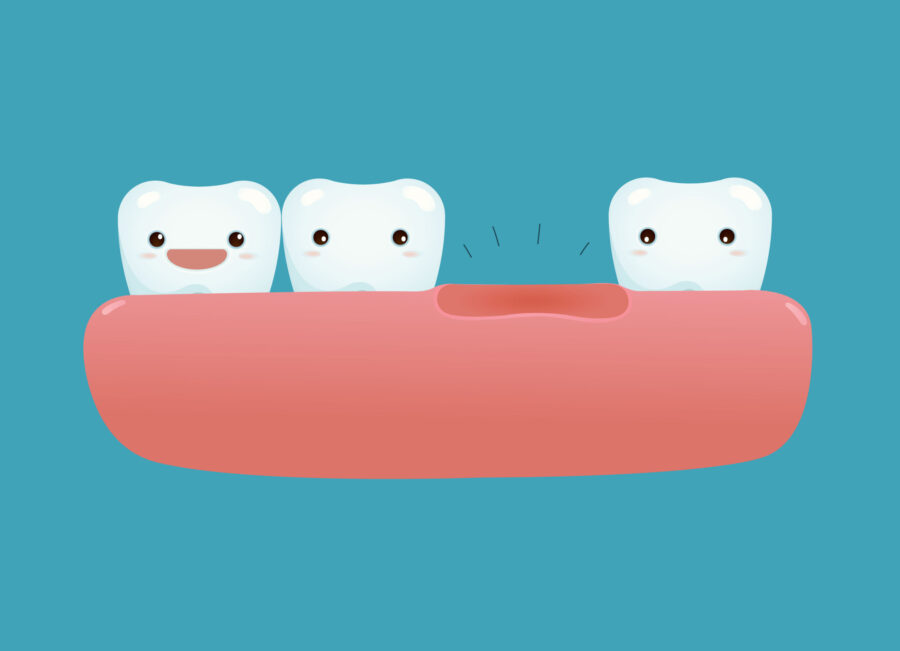
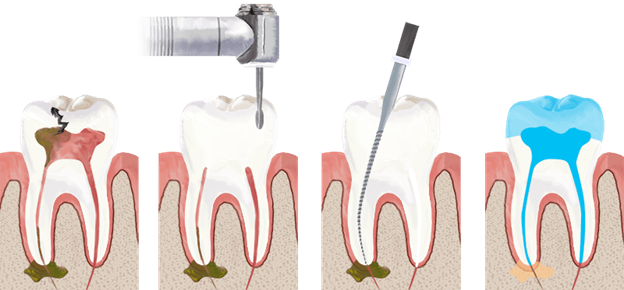
Missing Tooth
Dental implants provide an enduring and dependable replacement for missing teeth. Dental implants are a great option for restoring lost teeth due to their high success rate, natural look, and use.
Treatment Option right for you? RCT Vs Implant
Long-Term Durability
Dental implants are very durable and, with appropriate care, may often last a lifetime. Implants may be the best option if you’re seeking for a long-term fix that closely resembles the appearance and feel of a natural tooth.
Cost factors
When choosing between root canal therapy and dental implants, cost might be a big aspect. For some people, root canal therapy is a more inexpensive alternative to dental implants since it is often less costly. Dental implants may eventually need less upkeep and repair, therefore it’s vital to think about the long-term financial ramifications.
Overall Dental Health
The effectiveness of both therapies is greatly influenced by your overall dental health. Your dentist may suggest one therapy over the other if you have underlying oral health problems like gum disease or insufficient bone density.
Natural Tooth Preservation
If you place a high priority on keeping your natural tooth, root canal therapy may be the preferable choice. You are able to preserve your natural smile and tooth structure.
Conclusion
It might be difficult to decide between dental implants and root canal therapy. But knowing the success rates and taking into account different elements might help you make a wise choice. In their respective fields, both therapies have a high percentage of success and each has its own special advantages. Consult one of our dentists at Royal Dental Clinics, who can evaluate your particular circumstances and provide tailored advice. Keep in mind that the effectiveness of any dental treatment relies not only on the procedure itself but also on your dedication to maintaining proper oral hygiene and scheduling regular dental examinations.



